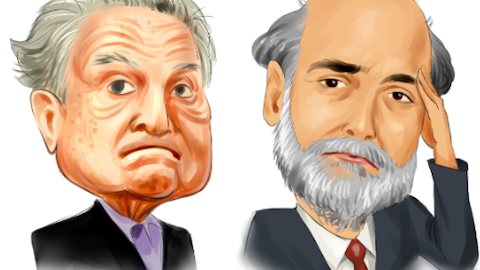 When a publicly traded company makes money, who is the first to get paid?
When a publicly traded company makes money, who is the first to get paid?
Imagine a line of people waiting in line on payday. They include the company’s creditors, employees, preferred shareholders and of course, the government.
Like it or not, as a common shareholder, you’re the last in line.
You don’t get paid dividends until everyone else has been paid.
And this is why free cash flow (FCF) is such an important valuation metric when analyzing a business.
StreetAuthority’s sister site InvestingAnswers.com defines free cash flow as “a measure of how much cash a business generates after accounting for capital expenditures such as buildings or equipment.”
And here’s why it’s important:
The presence of free cash flow indicates that a company has cash to expand, develop new products, buy back stock, pay dividends, or reduce its debt. High or rising free cash flow is often a sign of a healthy company that is thriving in its current environment.
Furthermore, since FCF has a direct impact on the worth of a company, investors often hunt for companies that have high or improving free cash flow but undervalued share prices — the disparity often means the share price will soon increase.
Let’s look at a company that matches up perfectly with these criteria.
Over the past 12 months, JPMorgan Chase & Co. (NYSE:JPM) has generated $6.7 billion in free cash flow. This equates to $1.77 per share.
That’s quite a turnaround for a company that lost $38 billion during the financial crisis in 2008.
Did the biggest bank in the U.S. (by assets) learn anything from its devastating experience in 2008? According to CEO Jamie Dimon, it did.
The man who analyst group Morningstar named as its CEO of the year in 2002 says JPMorgan emerged from the crisis a much stronger company.
In fact, between 2007 and 2013 management has doubled tangible book value per share. Since 2008, earnings per share have risen like clockwork, from $1.37 to $6 today.
The company’s operating margins are stellar. Over the past 12 months, the company has reported an operating margin of 33%.
And right now, with a forward price-to-earnings (P/E) ratio of 8.5 and a price-to-book (P/B) ratio of 1, the company is inexpensive. This is despite a solid gain of 25% over the past year.

The company pays a dividend of 2.5%, backed by a low payout ratio of only 21%.
However, JPMorgan has been in the headlines recently, and not for reasons investors like to see.
The company has offered to pay $3 billion to settle criminal and civil investigations by federal and state prosecutors into its mortgage-backed-securities activities.





